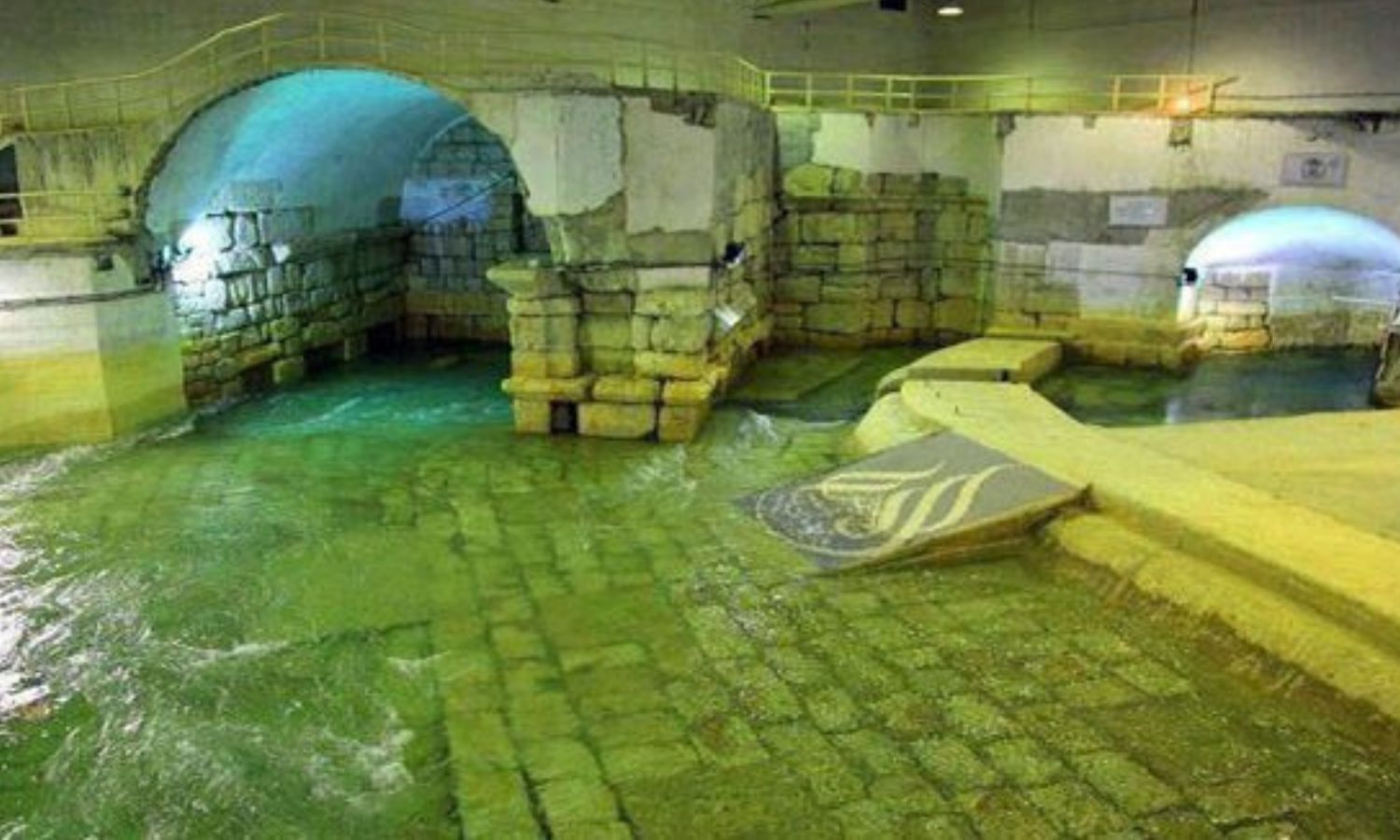
Ahmed Darwish, the General Director of the Drinking Water Institution in Damascus and its countryside, disclosed to Enab Baladi about a schedule for the rationing of drinking water in Damascus and its surroundings due to the decrease in rainfall.
He indicated that the drinking water in Damascus and its countryside relies on main sources which are surface springs, and the amount of water extracted from them depends on annual rainfall.
Darwish continued that this year’s rainfall does not exceed 30% of the amounts that fell in previous years, which will lead to a decrease in water supplies.
The Public Institution for Drinking Water in Damascus and its countryside will implement a rationing program so that the existing water from the springs is not depleted, according to Darwish, calling on citizens to rationalize consumption.
The Public Institution for Drinking Water in Damascus and its countryside launched a campaign on Monday, April 14, titled “Together we ensure the continuation of water,” to raise awareness among citizens about the necessity of rationalizing consumption, indicating that it will soon amend the water supply program.
The institution clarified in a post on its official Facebook page that, out of concern for the continuous availability of water to about 1.2 million subscribers in Damascus and its countryside amid the scarcity of water resources this year, declining rainfall, and rising demand for water, some urgent measures will be taken, and the supply program will be adjusted for the city of Damascus and its surrounding countryside benefiting from the Damascus water network according to the topology and the geographical distribution of each area.
Springs of Damascus
The city of Damascus and its Ghouta are fed by two springs: the Fijeh and the Barada. The latter is located 40 kilometers from Damascus, flowing from west to east with a length of 65 kilometers from its source to its mouth. It courses through the al-Zabadani plain until it passes through a valley named after it, where it joins the Fijeh spring at the town of Ain al-Fijeh.
The Fijeh spring flows from the foothill of the al-Qalaa Mountain, in the town of Ain al-Fijeh, which is about 12 kilometers away and rises about 890 meters above sea level, surrounded by towering mountains, such as Jabal al-Hwat to the east, Jabal al-Qalaa to the north, and Jabal al-Qibliya to the south.
This spring is characterized by its abundance and high purity, where scientific studies have confirmed that its water is considered among the purest in the world due to its formation in natural limestone rock layers far from pollution sources.
The post Damascus faces drinking water shortages appeared first on Enab Baladi.